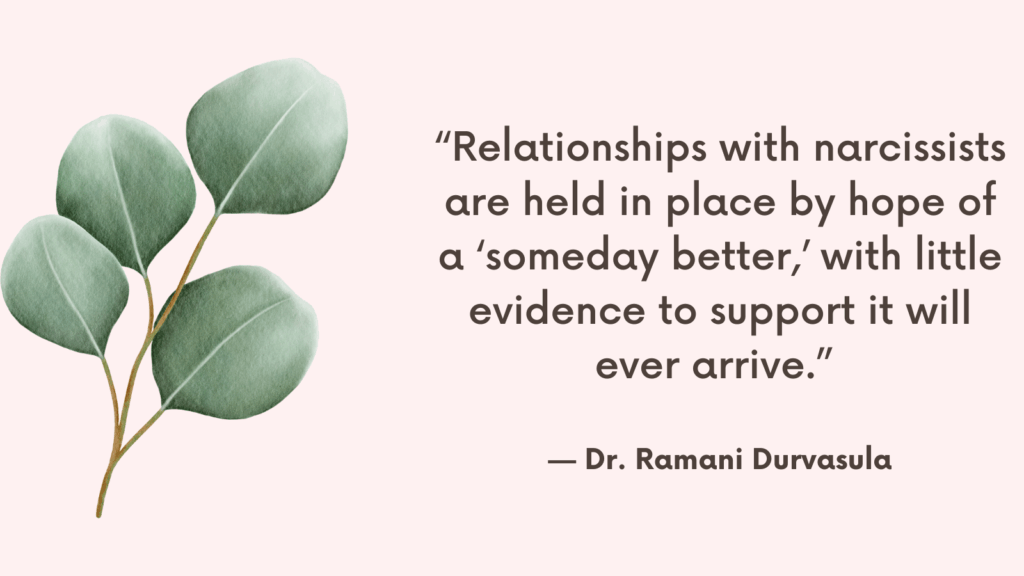Learn all about narcissist compassion.
Who Is The Narcissist?
A narcissist is someone who has an excessive sense of self-importance, a deep need for attention and admiration, and a lack of empathy for others.
They often have an inflated sense of their own abilities and achievements, and may have difficulty recognizing or caring about the needs and feelings of others.
Narcissistic individuals tend to have fragile self-esteem and can be highly sensitive to criticism or perceived slights.
Narcissism exists on a spectrum, and not all individuals with narcissistic traits are diagnosed with Narcissistic Personality Disorder, which is a more severe form of narcissism.
What Is Narcissist Compassion?
Narcissist compassion refers to the ability of a narcissistic individual to demonstrate a level of care, concern, or empathy towards others.
However, this compassion is often limited and conditional, as it generally serves the purpose of fulfilling the narcissist’s own needs, maintaining their self-image, or gaining admiration from others.
Narcissists may display acts of kindness or generosity, but these behaviors are often driven by self-interest rather than genuine concern for others’ well-being.
They may use these acts as a means of manipulation or to gain control over others, seeking admiration from others. Furthermore, their actions may lack consistency.
Related: Narcissist Baiting – What it is, Why it Happens, and How to Stop it
Empathetic Compassion vs. Narcissist Compassion
Empathetic compassion is rooted in genuine care and concern for others.
It involves being able to understand and share in the feelings and experiences of others, without judgment or self-interest.
When someone practices empathetic compassion, they are able to offer support, validation, and understanding to those who may be struggling or in need.
On the other hand, narcissistic compassion is driven by self-centered motives and a desire for personal gain or recognition.
A narcissistic individual may only show compassion when it benefits them in some way, and their actions are often superficial and lacking in genuine empathy.
Their focus tends to be on themselves, rather than on truly understanding and helping others.
Related: Narcissist Word Salad: 12 Strategies & Examples
How to Protect Yourself From Narcissist Compassion?
Protecting yourself from a narcissistic person can be challenging, but here are some strategies that may help:
1. Understand narcissism
Educate yourself about narcissistic traits and behaviors.
This knowledge will enable you to recognize manipulative tactics and understand that their actions have more to do with them than with you.
2. Set boundaries
Clearly define your personal boundaries and be assertive in enforcing them.
Narcissists may try to push your limits or invade your personal space, so it’s important to consistently communicate and reinforce what is acceptable to you.
Related: How To Set Boundaries With A Narcissist?
3. Practice self-care
Prioritize self-care activities that promote your well-being, such as exercising, spending time with loved ones, engaging in hobbies, and getting enough rest.
By taking care of yourself, you build resilience and maintain a sense of balance.
4. Seek support
Reach out to trusted friends, family members, or professionals who can provide emotional support and guidance.
Connecting with others who understand your situation can validate your experiences and offer valuable insights.
5. Stay calm and composed
Narcissists often thrive on creating chaos and drawing emotional reactions from others.
By maintaining your composure and responding calmly, you can disrupt their attempts to manipulate and control.
Related: 8 Stages Of Healing After Narcissistic Abuse (+FREE Breakup Recovery Worksheets)
6. Avoid engaging in power struggles
It’s important to recognize that trying to change or confront a narcissist directly is often futile.
Engaging in power struggles only perpetuates their behavior.
Instead, focus on your own well-being and disengage from arguments or conflicts that are draining or unproductive.
7. Trust your instincts
If something feels off or someone consistently makes you feel uneasy, trust your gut instincts.
Narcissists can be skilled at gaslighting and manipulating situations to make you doubt your own perceptions.
Your intuition can be a powerful guide in protecting yourself.
Protecting yourself from a narcissistic person involves putting your own well-being first.
It may be necessary to distance yourself from the individual if their behavior becomes toxic or harmful to your mental health.
Related: Healing From A Narcissistic Abuse By A Parent – 7 Practical Strategies
Conclusion
Narcissist compassion is a complex concept that focuses on the ability of individuals with narcissistic traits to display empathy and caring towards others, albeit in limited and self-serving ways.
While the core characteristic of narcissism revolves around excessive self-interest and a lack of genuine empathy, some individuals with narcissistic tendencies may possess moments of compassion.
While it may be tempting to believe that a narcissist can change or develop genuine empathy, it is essential to prioritize one’s own emotional well-being and establish healthy boundaries to ensure a balanced and secure relationship.



